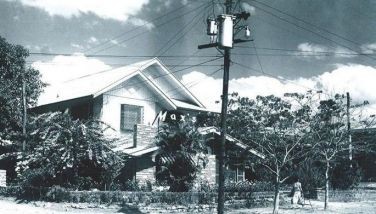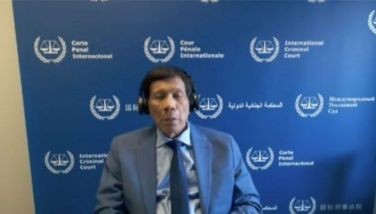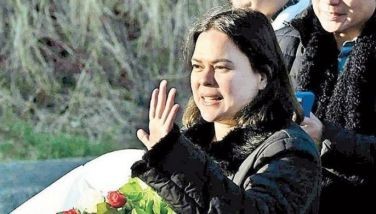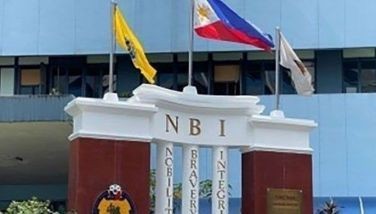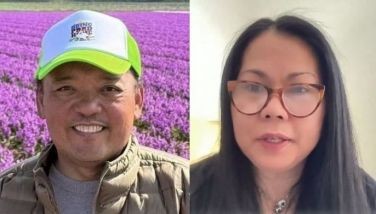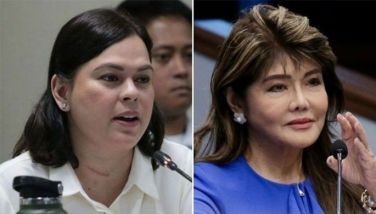The Philippines — safe to speak

Tomorrow, the 3rd May, is World Press Freedom Day. I confidently predict that this will be marked by the Star (and a number of other publications) appearing on my breakfast table as usual, featuring a wide range of stories. Some of them will interest me, some will amuse and some will annoy me. That’s part and parcel of living in a free society, with a free press. That’s the Philippines.
It’s strange in some ways then that a range of surveys, including the World Press Freedom Index, continue to list the Philippines as a poor performer on press freedom. These surveys are important as part of the wider checks and balances in society. But the headlines may not fully capture the reality as we experience it. Partly, it comes down to how we measure press freedom.
A crucial issue is whether the press in the Philippines is free to criticise the government. The answer here is clearly yes. On any given day, the media will carry a range of stories supportive and critical of the government, often on the same opinion page. Publishers and journalists the world over have their own political preferences. A range of competing views and debate is healthy; indeed it is part of the lifeblood of democracy. This is why care is needed — in any country — to keep the public discourse free of a dominant player.   
It’s also important that the media is free of censorship. There is a proper place for debate about how freedom of expression can be balanced against the need to avoid incitement and wilful and inaccurate slander. But I am a beneficiary of the lack of censorship in the Philippines. When agreeing to write this column the instructions were “around 500 words on anything you want, as long as it’s thought provokingâ€. The editors have kept their promise. I hope you think I have too.
Where the Philippines faces more challenges is whether the media is free from the threat of violence. Too many journalists face threats and have been killed. The theme of this year’s World Press Freedom Day, “Safe to Speakâ€, resonates strongly in this respect. Do journalists across the Philippines yet believe it is always safe to speak?
For me there is another important dimension to this issue: the role the media plays in protecting our wider freedoms and democracy. At its best, the media inform and educate the population. They help hold leaders accountable. Many commentators have criticised the disproportionate media focus in the Philippines on political personalities, gossip and intrigues. The caricature may be exaggerated. But an enhanced role for public service broadcasting, such as we have in the UK with the BBC, could play a bigger part in ensuring that quality news and information is always available to the public. It could help educate voters about democratic rights and what is being done in their name by elected leaders. The media were among the victims of Martial Law. By providing accurate news and information they are amongst the first lines of defence in ensuring this chapter in Philippine history is not repeated.
Whatever your own views on any of the above, you will today be free to agree or disagree with me courtesy of the Philippine Star and a free media in the Philippines. Long may it continue and grow. 
(Stephen Lillie is British Ambassador to the Philippines)
- Latest
- Trending











